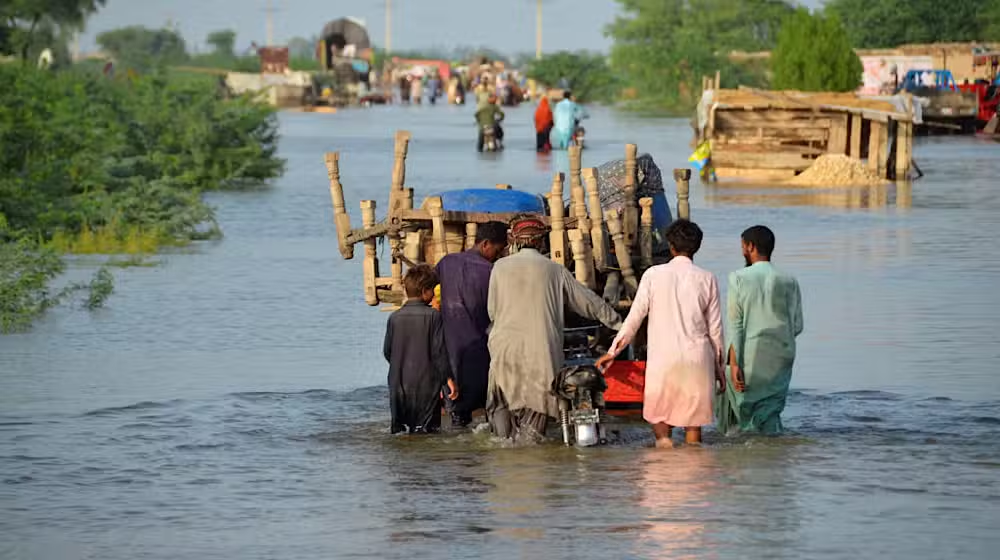Islamabad, Dec 2: Amid political and economic instability, Pakistan faces significant environmental conflicts, which have caused losses of $100 billion over the past two decades—comparable to the country’s external debt of $130 billion.
This issue was the focus of a session titled Environmental Conflict and Social Dialogue in Pakistan, organized by the Sustainable Development Policy Institute (SDPI). Moderated by Dr. Zainab Ahmed of Beaconhouse National University (BNU), the session included insights from HEC Chairman Dr. Mukhtar Ahmed, Imrana Tiwana (BNU), Prof. Dr. Arshi Saleem Hashmi (National Defence University), Qazi Saqib Basir (Muslim Aid Pakistan), and Prof. Rafi Amir-ud-Din (Comsats University, Lahore).
Additionally, Speakers highlighted that environmental degradation disrupts economic growth, food security, and societal stability. Dr. Mukhtar Ahmed warned of future conflicts over clean air and water, emphasizing the need for collective strategies to address environmental challenges.
He criticized the conversion of agricultural land into housing projects and urged institutional mechanisms to preserve farmland.
However, Dr. Arshi Saleem Hashmi linked environmental conflict to broader societal challenges, stressing the need for integrated approaches for sustainable peace. Similarly, Imrana Tiwana noted that climate change already impacts 8% of GDP, a figure projected to rise to 30% by 2050, potentially reducing life expectancy.
Furthermore, Qazi Saqib Basir highlighted that natural disasters caused by climate change have washed away 70-80% of Pakistan’s development efforts. He called attention to the country’s staggering $100 billion in climate-related losses.
Prof. Rafi Amir-ud-Din critiqued the ineffectiveness of conventional measures, like bans on plastic bags, noting that previous efforts in Islamabad yielded only temporary results.
The session concluded with a call for sustainable, collaborative policies to mitigate environmental conflicts and safeguard Pakistan’s future.









